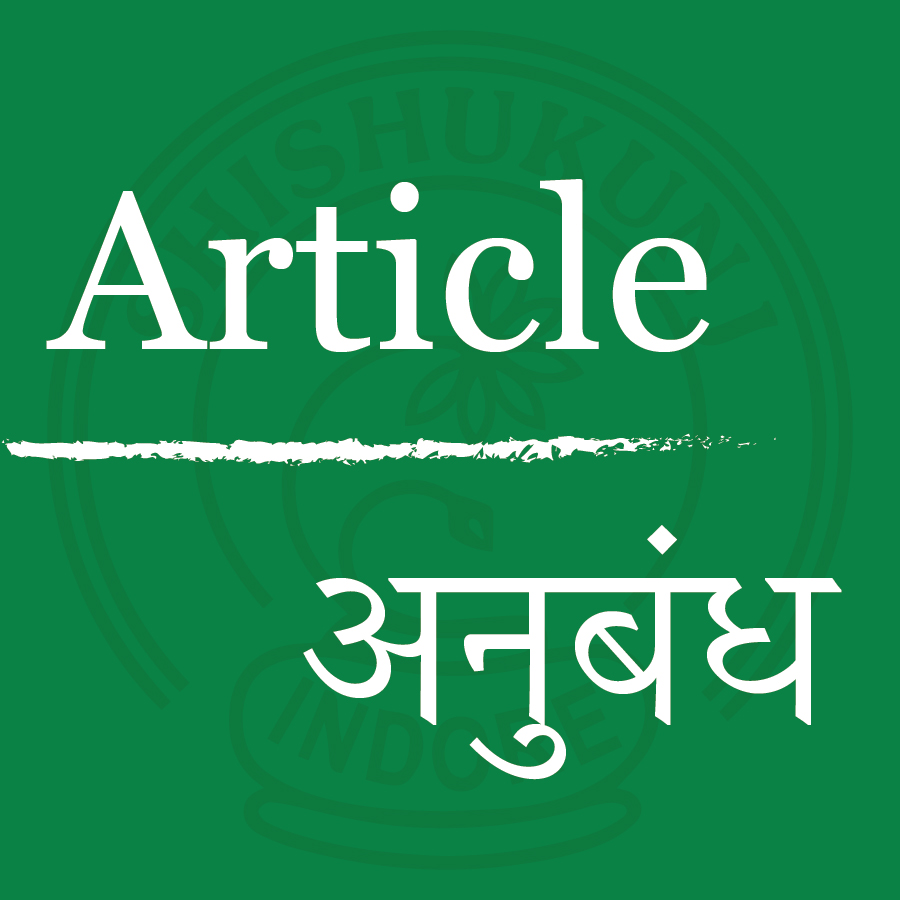
Author: Aradhya Rathi, Class VI F
India is a vast country. We are the world’s largest democracy in terms of population. We have so many cultures and diversity existing in huge forms in India. Despite our diversity, we all are still united and will stay united. There are so many monuments in India like The Taj Mahal, Hawa Mahal, Qutub Minar etc. I can continue to recount India’s achievements and chant tales of its glory, but today’s major problem is unclean India. There are huge heaps of garbage in cities and villages and they are not planned well. The Municipal Corporation has not built many factories in which the garbage can be turned into a source of energy.
A city in Gujarat, Surat, had a plague scare in 1994. In Surat, houses, hotels and restaurants would dump garbage into the streets or drains. Also, The Municipal Corporation did not collect the waste on a regular basis which led to people losing their lives and leaving the city. The scare of plague ensured that the government of Surat completely cleaned the city. Thank goodness, the Municipal Corporation woke up and now the city is spic and span.
A clean India will definitely be a healthy India. Diseases such as malaria, dengue, chikungunya etc. are caused due to stagnant water. If garbage is collected on a daily basis, then the water would flow constantly and the people would be protected from these diseases.
There are basically 2 types of waste that are biodegradable waste and non-biodegradable waste. Biodegradable waste decays and mixes with the soil. Non- biodegradable waste does not decay and mix with soil. This includes plastics {for example, bags and packaging material}, metals {containers, cold drink cans, pins and needles}, and glass {old bottles, broken glass pieces, bulbs}. So, the excess use of non-biodegradable wastes would do nothing but harm the environment and would increase the amount of garbage in an area.
When plastics were introduced, they were hailed to be a wonder material. However, today plastics have become a serious worldwide environmental and health concern. This is because of its non-biodegradable nature and widespread use. Careless disposal of plastic bags chokes drains, blocks the soil and hinders the absorption of water by soil. If eaten by animals such as cows, it can choke and kill them. In India, some municipal areas have banned the use of plastics and they seem to have achieved success. For e.g., today one will not see a single piece of plastic in the entire district of Ladakh where the local government imposed a ban on plastics in 1998.
There are a few significant advantages of recycling waste. It leads to reduced consumption of raw materials. It makes the surrounding cleaner and healthier. It helps to save on landfill space utilized for garbage disposal. It also reduces environmental impacts arising from waste treatment and disposal.
So, recycle and reuse whenever possible, and make a small effort in making India clean and consequently, healthy.
“Don’t pollute nature, otherwise it will pollute you.”
